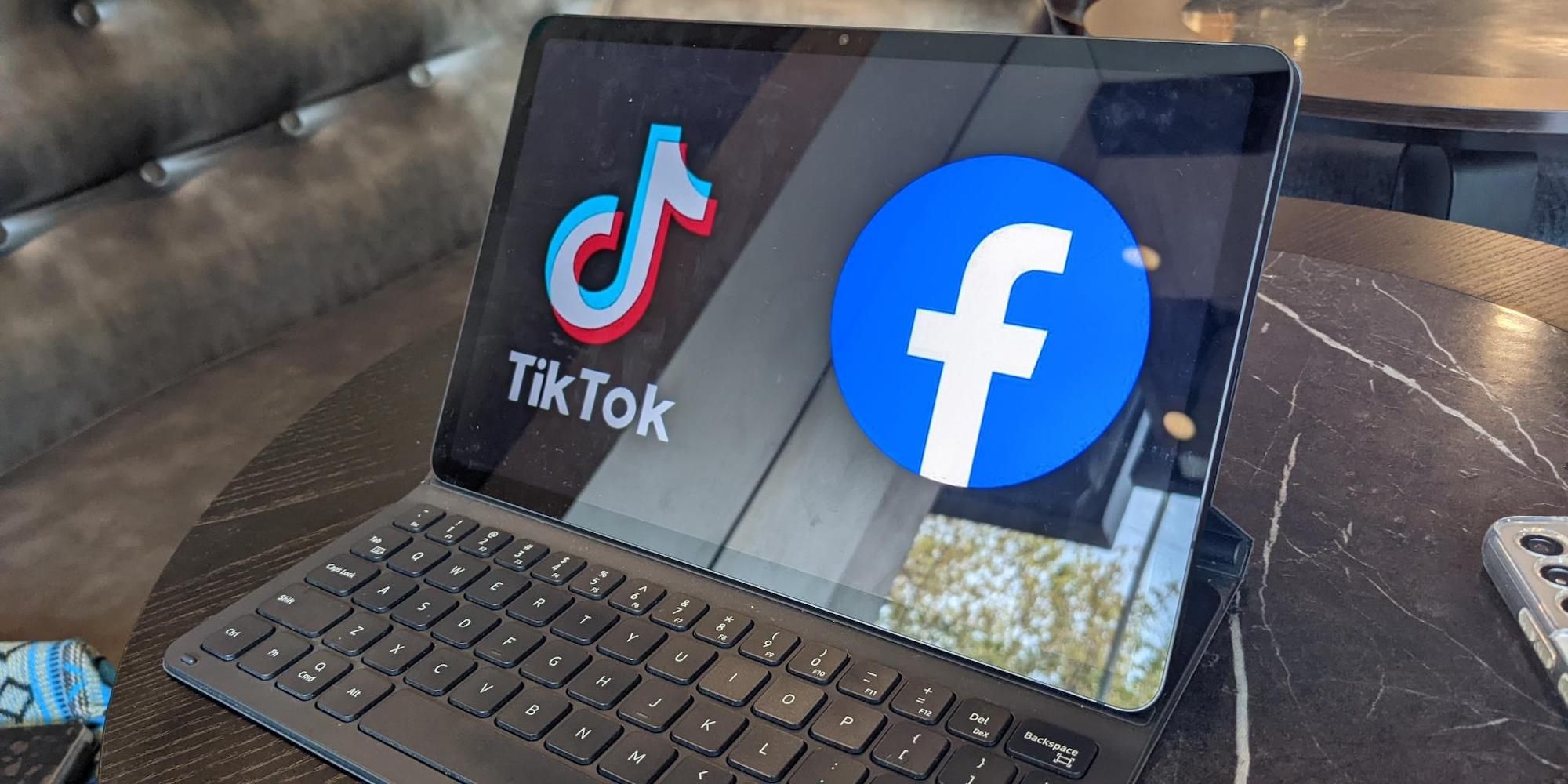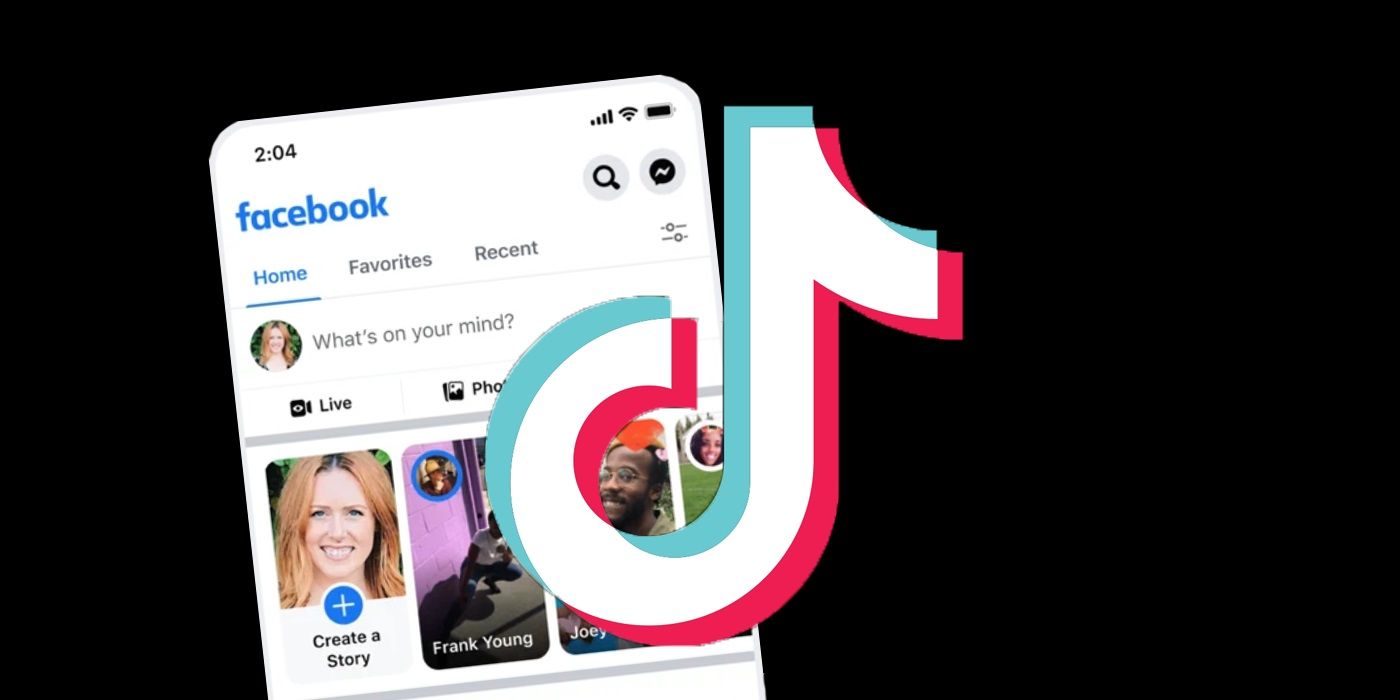Meta is reportedly shifting goalposts and aims to adopt a more TikTok-inspired avatar for Facebook that will focus on short videos backed by a recommendation engine, while the social connectivity aspect takes a backseat when it comes to platform development priorities. Facebook has an unenviable history of ripping-off features from social and messaging upstarts and baking them into its apps like Instagram and the namesake platform. The idea of Stories came from Snapchat and is one of the best examples of that strategy.
However, social media has experienced a transformation in the past few years, one that was heralded by an explosion in the popularity of short videos, with TikTok leading the pack. Meta took some time acclimatizing to the changing landscape, but soon after emulating the idea with Reels, the company is now trying to push it everywhere to make up for the delay in sensing the shift. But it appears that copying content formats will not cut it anymore, especially in the face of dwindling revenues, waning young audience interest and the massive expense of building a metaverse.
Facebook’s solution for its social media woes is copying TikTok at the most fundamental level – the content recommendation algorithm. According to an internal memo that was seen by The Verge, Facebook aims to fill the feed with content that users might like based on their social media activity and preferences and less content posted by friends and family members. In his interactions, Tom Alison, who now heads the Facebook app at Meta, told The Verge that the social media giant was not quick enough to gauge the threat that TikTok is evolving into. Alison’s concerns are not unfounded, as the platform lost subscribers for the first time and has already braced for a grim forecast in the coming quarters. In 2020, TikTok also emerged as the most downloaded app, dethroning Facebook and Instagram from that height. Another problem that Facebook faces is its aging core demographic, while the younger audience gravitates away from the platform towards rivals like TikTok and Snapchat. Or even Instagram, which is much better at catering to the young audience than Facebook.
A Risky Pivot
In a nutshell, Facebook wants to take the same approach it recently pushed on its sister platform – the TikTok-ification of Instagram. But Facebook is trying to compete with TikTok by not simply tweaking the inherent content algorithm but also aiming to make messaging a core part of the content consumption experience. And to that end, the company will undo a bold step that it took eight years ago when it separated the core messaging experience on Facebook and spun it off into a separate platform called Messenger. Interestingly, the decision to do so was reportedly taken to tap into the rising tide of direct messaging services, a wave that was led by WhatsApp, which soon fell into Facebook’s kitty. Meta aims to fold Messenger back into Facebook by placing a messaging button right at the top. As part of the redesign, Facebook is pushing Groups to a panel that sits to the left of the main Feed.
Work is also in progress on a project internally known as “Mr. T” that gives users control over a chronological Feed, complete with sorting preferences for groups, pages, and accounts they follow. As highlighted in the leaked memo, the three core areas of the “discovery engine” vision for Facebook are pushing Reels to success, making a “world-class recommendations” system, and tapping into the potential of message-based sharing. It is worth noting here that the internal memo doesn’t namedrop TikTok, but the overall direction that Alison wants to take Facebook into sounds very much like the Bytedance-owned video-sharing platform. The memo notes that Stories has been a successful experiment, and it has proved to be a learning experience as the company’s core audience likes to share visual updates. It would be interesting to see how Facebook pivots from being a social connectivity hub to a video-recommendation-heavy platform turns out.
Source: The Verge


